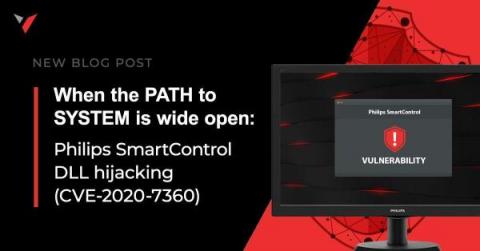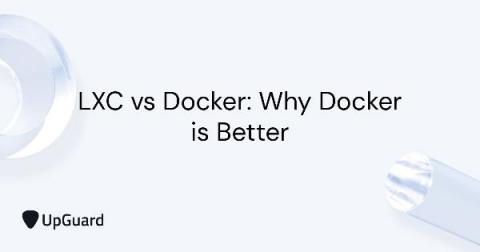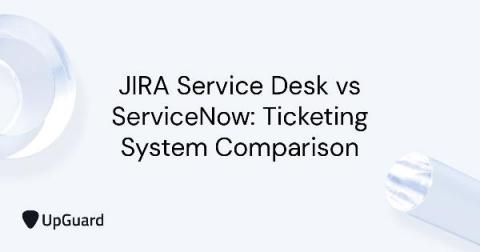The Center for Internet Security (CIS) Use Cases and Cost Justification
Vince Lombardi, the famous football coach, used to start his training camp each season with a talk about doing the basics. He’d tell the players that they start with the basics, then he’d take a football and hold it up and tell them, “This is a football.” In football, as in life and IT Security, starting with the basics is the most important step you can take. Don’t assume anything. So, let us begin with the basics. CIS is the Center for Internet Security.











